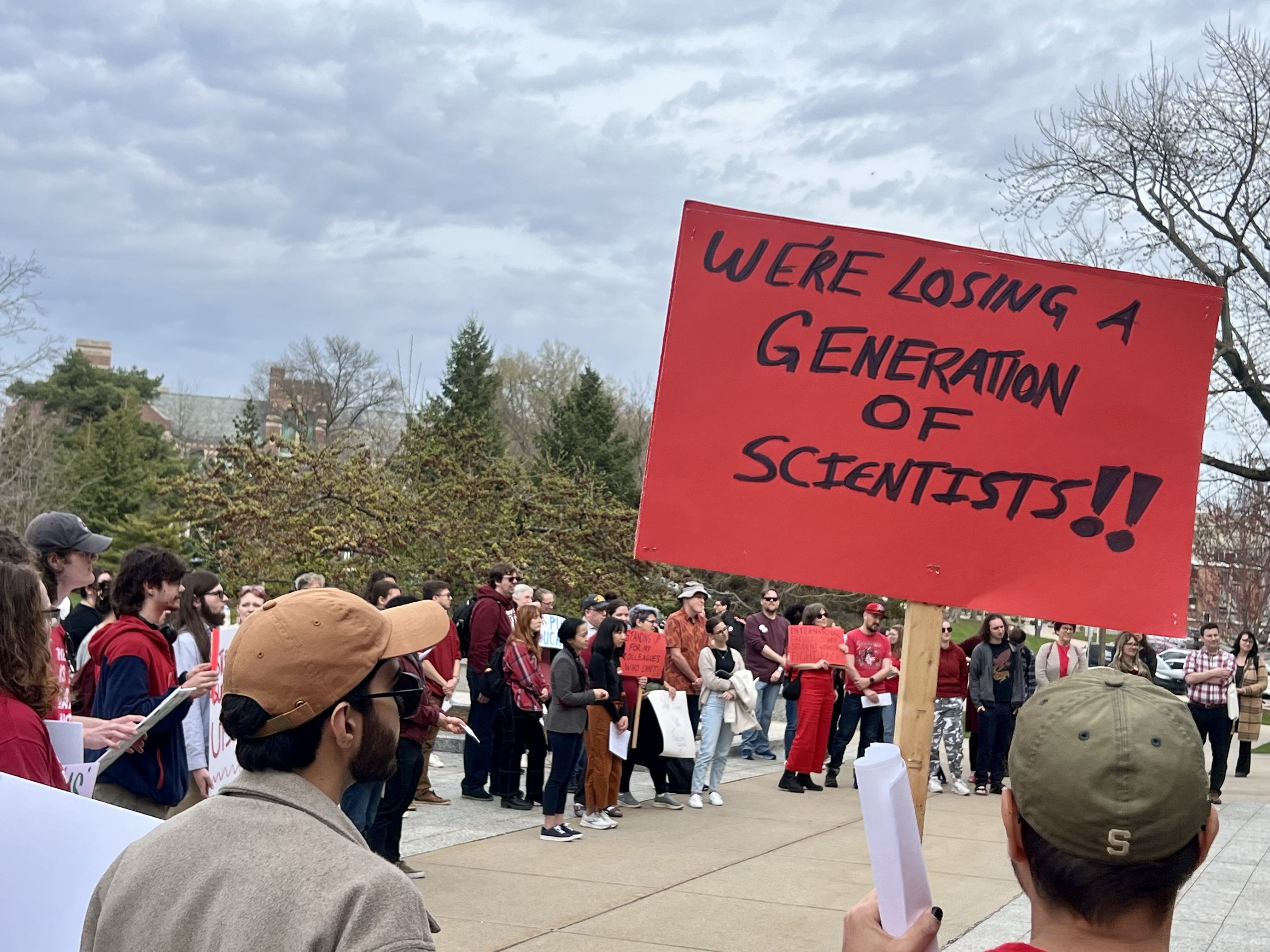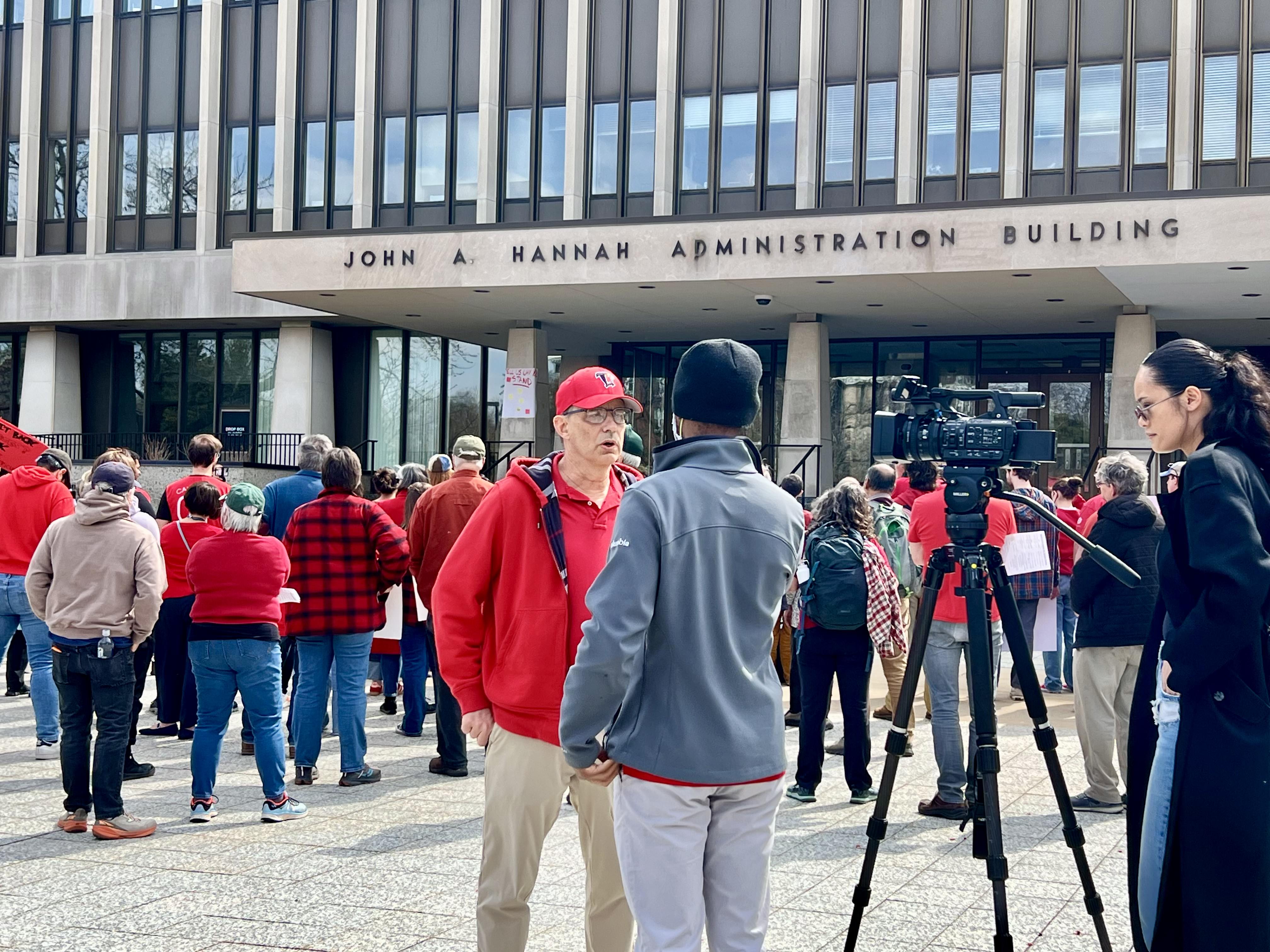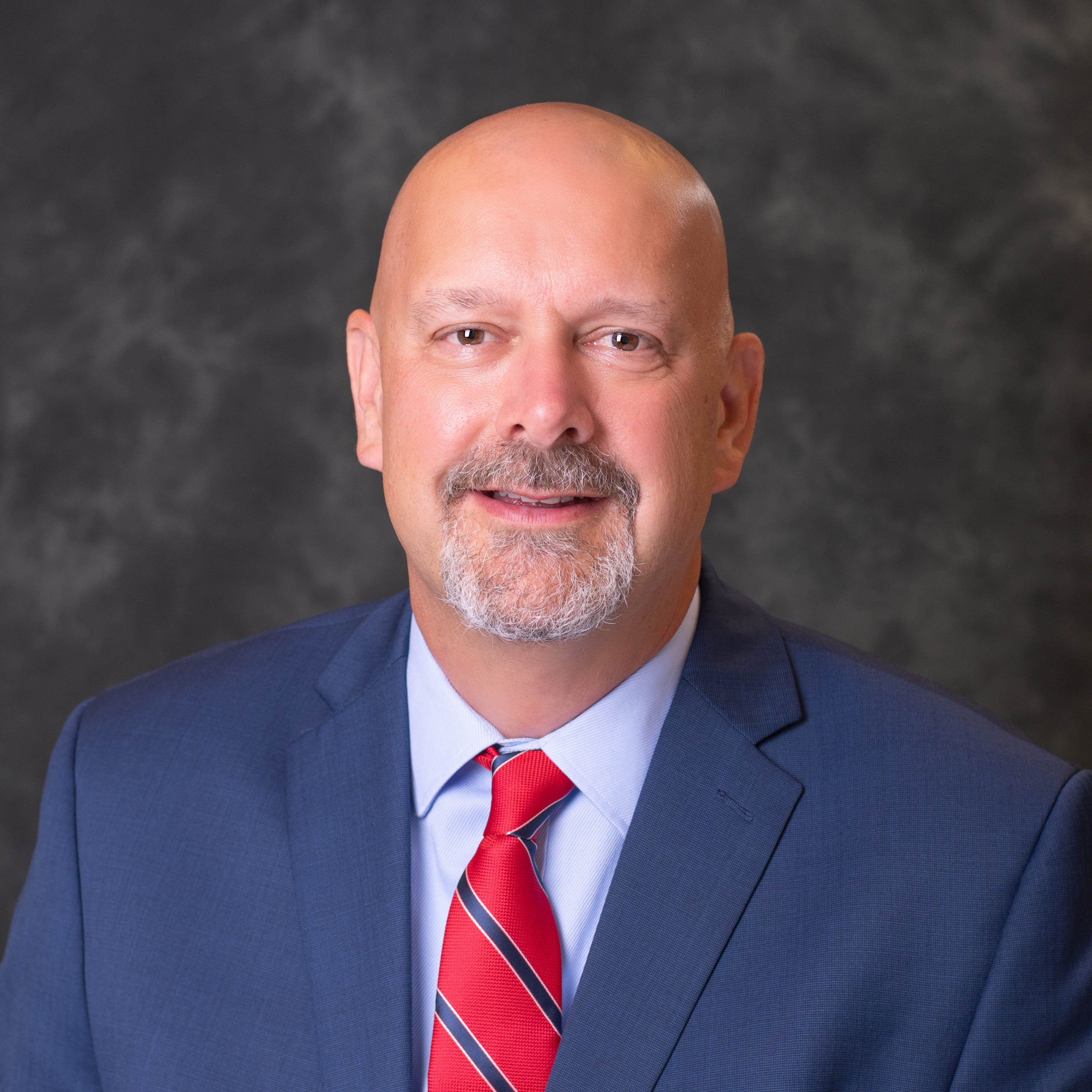UTSF recognition at MSU: part of a growing movement

After years of organizing and hard-fought legal battles, the Union of Tenure System Faculty (UTSF) won recognition from Michigan State University (MSU) in September — part of a growing movement in higher education.
After failed unionization efforts in the 1970s and 1990s, this marks the first time MSU’s tenure system faculty have achieved collective representation.
“This is a historic victory for tenure system faculty at MSU,” the UTSF Organizing Committee said in a joint statement. “For years, we have organized to secure a voice in decisions shaping the future of our institution. With formal recognition, we can now join our colleagues in other legally recognized unions at MSU to meet administration on equal footing.
“We can secure a legally binding contract that requires administration to work with us. We can negotiate and advocate for the ideals that make our work possible. In times like these, solidarity is our strength, and we will stand together for the future of MSU.”
A recognition agreement was signed by both parties on Sept. 8 following a neutral party verification confirming that a clear majority of eligible faculty submitted authorization cards in support of union representation.
This verification process was the result of negotiations between UTSF and MSU administration.
The unionization campaign gained momentum for nearly 2,000 tenure-system faculty at MSU after they experienced the vulnerability of non-unionized workers when their salaries and retirement benefits were slashed during the COVID-19 pandemic.
“These educators fought tirelessly to demand a seat at the table, and MEA will continue to stand with them as they negotiate their first contract,” MEA President & CEO Chandra Madafferi said. “Working together with educators around the state, we can ensure every student gets the opportunities provided by a great public education, from PreK-12 through higher education.”
Every worker deserves a union, NEA President Becky Pringle said. “Higher education faculty nationwide are facing unprecedented challenges, from budget cuts and the elimination of federal funding to political attacks on research and teaching.
“Michigan State University’s faculty know that unionization means they will be heard—and that their voices will make a difference on issues like academic freedom, faculty workload, student learning conditions, and so much more.”
The newly unionized faculty at MSU join a surging segment in the labor movement: higher education employees. Between 2012 and January 2024, the number of unionized faculty grew by 7.5 percent, a report from last year found.
In the same period, the number of graduate-student employees in unions grew by 133 percent, according to the 2024 Directory of Bargaining Agents and Contracts in Institutions of Higher Education by the National Center for the Study of Collective Bargaining in Higher Education and the Professions.

Strengthening faculty voices
Even before recognition was achieved, members and leaders of UTSF were flexing their advocacy muscles. For example, last April the union joined with two others at MSU to participate in a National Day of Action uniting campuses across the country.
The “Stand Up for Higher Ed” rally on April 17 brought together more than 100 faculty and students in front of the Hannah Administration Building. The event was jointly organized by UTSF, the Union of Non-Tenure Track Faculty (UNTF), and Graduate Employees Union (GEU).
A press release at the time laid out urgent issues arising from the Trump administration’s early targeting of higher education, from attempts to limit academic freedom and terminate research programs to attacks on immigrant and international students and suppression of free speech.
“As tenure-system faculty at MSU, we have been organizing to empower ourselves and stand in solidarity with others on our campus, across the state and across the country,” said Andaluna Borcila, a faculty member from MSU’s James Madison College and part of the UTSF Organizing Committee.

“What lies ahead demands strength — and together, we have it,” Borcila said.
Speakers from all three unions called on MSU administration to join them in standing against federal efforts that undermine the university’s mission. They called for public universities to resist compliance with unscientific, unethical, and politically motivated directives that threaten the future of academia.
The faculty at MSU deserve many congratulations for years of hard work and persistence it took to win formal recognition, said MEA member Alec Thomson, a history and political science professor at Schoolcraft College in Livonia.
Thomson began 30 years ago as a graduate student organizer at Wayne State University. Now he’s leader of higher education unions within NEA as president of the National Council for Higher Education (NCHE). Thomson also is past president of the Michigan Association of Higher Education (MAHE).
In his role as NCHE president, Thomson recently visited faculty at New Mexico State University (NMSU) who similarly unionized in 2024. Like at MSU, the faculty at NMSU had previously operated in a less formal “shared governance” model with administration.
Also similar to MSU, a revolving door of presidents and other high-level administrators at NMSU in recent years stymied faculty efforts to be heard and have their expertise and years of experience respected in the university’s decision-making process.
At MSU, four presidents — either interim or permanent — have led since 2018 when Lou Anna Simon stepped down from the post. The same period has been marked by shifting values in higher education funding and leadership.
“Achieving this recognition is remarkable because it comes at a time when colleges and universities find themselves the focus of political attacks designed to dismantle higher education,” Thomson said.
“With this achievement, the faculty at MSU have not only stepped forward to blunt these destructive efforts, but they are also leading Michigan State University by elevating the promise of the university’s mission: ‘restoring and transforming lives.’”
UTSF joins a growing movement of university graduate students, support personnel, librarians, counselors and faculty across the country demanding recognition of the essential roles they fill in the advancement of higher education, Thomson added.
“Unionization is a significant step toward recognizing the dignity of their work, respecting their rights, and securing financial stability,” he said.



